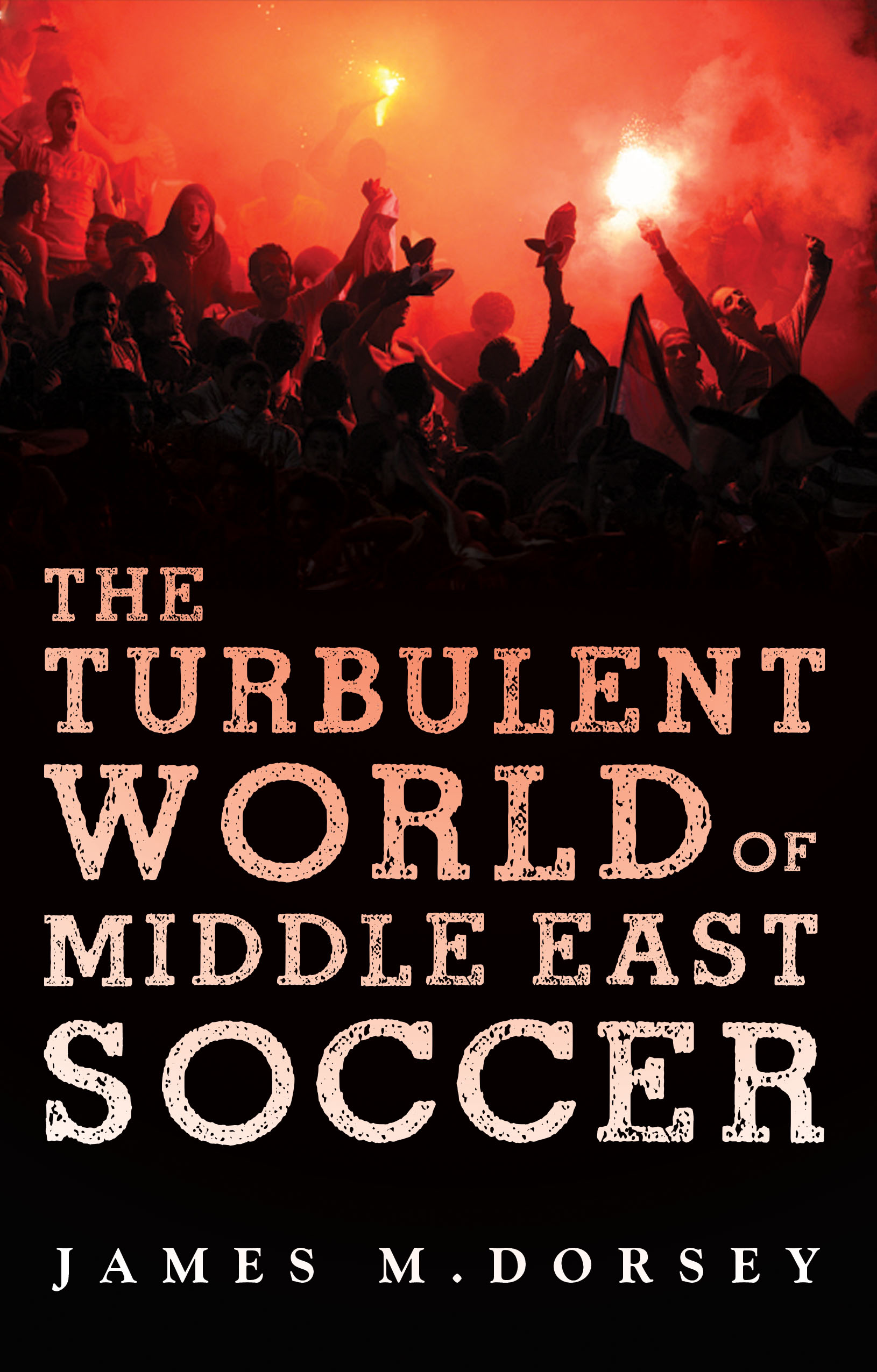 Gwen Oxenham opened the 2017-18 FSF season with her highly original and engaging new book, Under The Lights and in the Dark: Untold Stories of Women’s Soccer. The author shared insights about the process of writing the book and grappled with labor rights in football.
Gwen Oxenham opened the 2017-18 FSF season with her highly original and engaging new book, Under The Lights and in the Dark: Untold Stories of Women’s Soccer. The author shared insights about the process of writing the book and grappled with labor rights in football.
The forum considered the book’s stories about the Portland Thorns, 2017 NWSL champions, and weighed the club’s potential as a model for the future development of women’s pro soccer. Other topics covered included: sexual harassment, gender discrimination, motherhood, generational relations, representations of the women’s game, the importance of crowds and beer, and the possibility that a film may emerge out of parts of the book (e.g. the underground futsal scene in Queens, NY).
Participants: David Kilpatrick, Danyel Reiche, Itamar Dubinsky, Shawn Stein, Cara Snyder, Martha Saavedra, Chris Bolsmann, Kevin Tallec Marston, Liz Timbs, Alex Galarza, Patrick Ridge, and Peter Alegi.
A recording of the session can be found here. (For personal and educational use only.)





